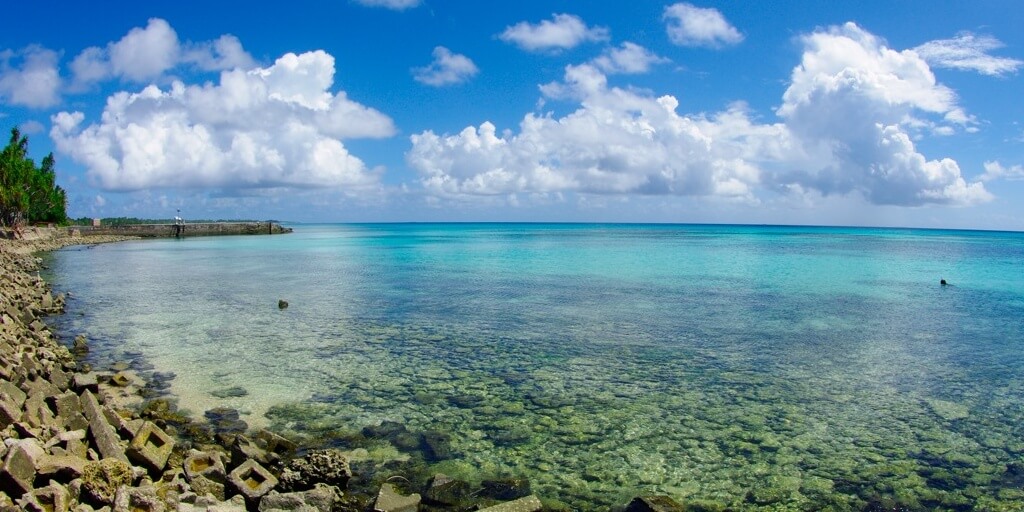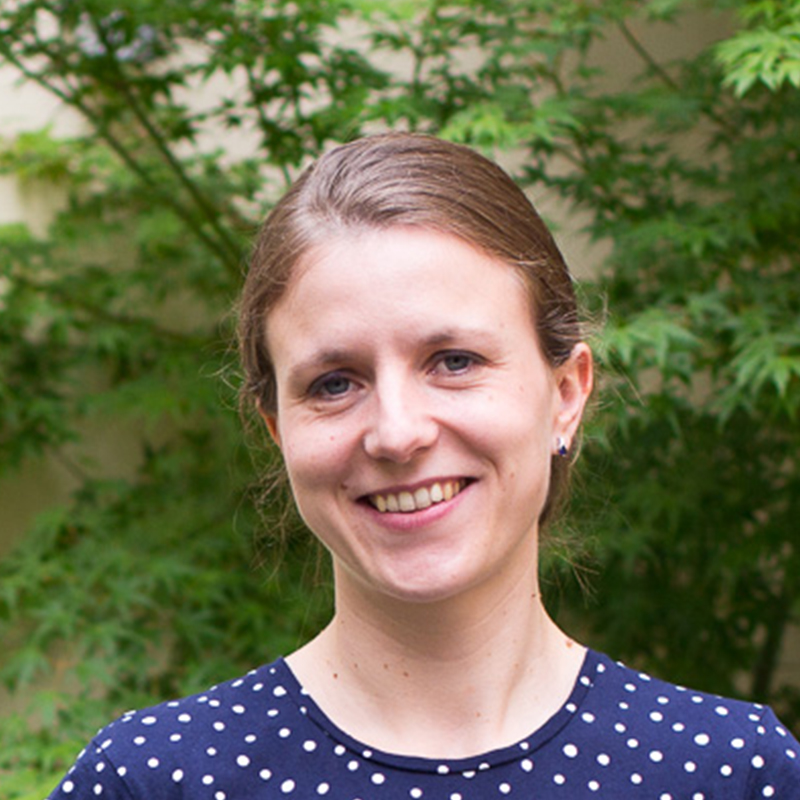
Submissions are closed.
As the International Science Council’s work and impact in the multilateral system continues to grow, the ISC Secretariat will constitute a roster of experts over the coming weeks pertaining to 20 key areas that are prominent on the United Nation’s (UN) agenda to be able to provide timely inputs that draw on a wide range of expertise across regions.
The ISC will draw on this roster of experts throughout 2024 and beyond to:
💡 Provide ad-hoc science advice to the UN secretariat and UN Member States
📃 Prepare high-level briefs for the UN Secretariat and UN Member States
📣 Develop statements on behalf of the international scientific community
💬 Provide recommendations of speakers for high-level debates and panels for policy-making audiences

👉 See the latest ISC Policy Brief: Global Sea-Level Rise
Add your name to the ISC roster of experts by completing the online form below by 29 February if you are interested in and willing to contribute your expertise to the ISC’s science-policy activities on one or more of the 20 priority topics.
The ISC is called upon the 20 areas below to provide authoritative inputs in 2024:
1. Science for action: providing actionable, interdisciplinary and transdisciplinary knowledge to inform policy interventions at different scales, including national and local levels.
2. Foresight: strengthening horizon scanning, foresight and future-oriented analysis to support more anticipatory decision-making and action (tools, methods, good practices and case studies) with two on-going projects: UNEP on environmental foresight, and the UN Futures Lab on making foresight actionable for decision-makers. The latter will seek to identify concrete examples and case studies with a focus on developing countries on how foresight is informing decision-making.
3. Science diplomacy: science as a force for positive change through track two diplomacy; international collaboration to strengthen international relations; etc.The ISC is working with the UN secretariat to identify good practices of science diplomacy across a range of policy issues.
The themes of the UN Summit of the Future:
4. Sustainable development and finance for development: and especially the 2030 Agenda (including key areas for policy intervention and investments to accelerate the implementation of the Sustainable Development Goals).
5. International peace and security: including the role of science in addressing root causes of conflict; conflict prevention; peacebuilding and diplomacy; counter-terrorism; arms control, etc.
6. Global digital cooperation: including responsible use of STI, technology transfer, bridging digital divides, etc.
7. Youth and future generations: including the role of science in youth and future generations, and the role of youth in global science and science-policy.
8. Transforming global governance: including the role of science, and science-policy mechanisms in reforming/revitalizing the UN General Assembly and other bodies, cross-scale cooperation, beyond GDP, reforming financial architecture, etc.
Other thematic areas where global dialogues will be organized:
9. Global stocktaking on sustainable energy: accelerating the implementation of SDG 7 – Ensuring access to affordable, reliable, sustainable and modern energy for all.
10. Sustainable tourism: advancing toward a concerted approach on tourism at the highest level and maximizing the contribution of tourism to the sustainability agenda.
11. Infrastructure connectivity: building global resilience and promoting sustainable development through enhancing investments in quality, reliable, sustainable, and resilient infrastructure, including the possibility of establishing UN policy platforms.
12. Sustainable transport: promoting sustainable transport cooperation in support of the implementation of the 2030 Agenda, the Paris Agreement, the New Urban Agenda, etc.
13. Debt sustainability and socio-economic equality for all.
14. The Small Islands Developing States conference (SIDS4) on Charting the Course Toward Resilient Prosperity that will take place in May 2024.
15. The International Decade of Sciences for Sustainable Development
The ISC will also engage in the High-Level Political Forum (HLPF) and its preparatory process, including the 2024 ECOSOC Partnership Forum and the 2024 Multi-stakeholder Forum on Science, Technology and Innovation for the SDGs (STI Forum), with the following SDGs under review:
16. SDG Goal 1. End poverty in all its forms everywhere.
17. SDG Goal 2. End hunger, achieve food security and improved nutrition and promote sustainable agriculture.
18. SDG Goal 13. Take urgent action to combat climate change and its impacts.
19. SDG Goal 16. Promote peaceful and inclusive societies for sustainable development, provide access to justice for all and build effective, accountable and inclusive institutions at all levels.
20. SDG Goal 17. Strengthen the means of implementation and revitalize the Global Partnership for Sustainable Development.
Please refer to the ISC’s privacy on how we collect and story your data: council.science/privacy-policy

Should you have any questions, please do not hesitate
to contact ISC Senior Science Officer
Anne-Sophie Stevance ([email protected]).
Join the related Zoom sessions
ISC’s engagement in the UN:
Progress and Priorities for 2024